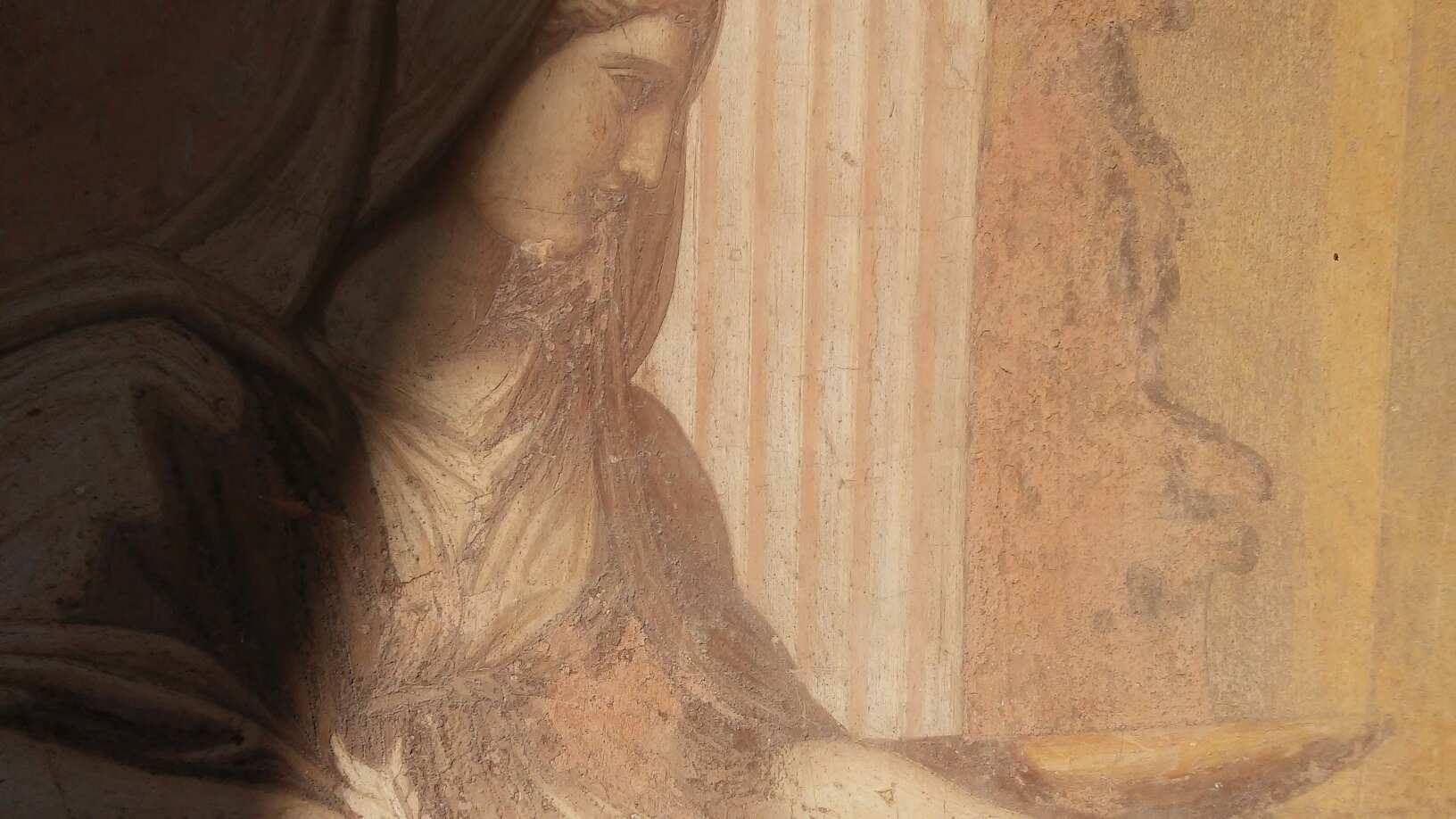Cato the Elder (Marco Porcio Cato) lived for eighty-five years from 234 to 149 BCE. In the years in which Cato lived, the conquest of the Mediterranean was completed, and this meant a serious change in Roman culture due to Greek integration into society. Cato was an exaggeratedly conservative poet and supporter of the “mos maiorum” (the traditional Roman costume).
Cato the Elder: summary of his thought
Being Cato so hostile to the change and insertion of new cultures, he became a fighter of a real battle against Hellenism (Greek culture). The true fear of Cato was that this change could have a great influence on the structure of Roman society and on the hierarchies of economic and political power.
Life of Cato: summary
Cato was born in Tusculum (Tuscolo near Frascati) from a plebeian family. During his adolescence he worked as a landowner the land inherited from his father. This peasant origin marked Cato in a decisive way. In 195 BC he became consul, right in the period of his clash with Scipio Africanus, who was the most illustrious and important exponent of Hellenic culture. In his excessive disdain for the Greeks there are some rather puzzling facts: in 161 a.C. Cato, with a decree of the Senate, forbade the residence in Rome of Greek philosophers and rhetoricians. His last political engagement before his death was the declaration of war against Carthage, aimed solely at the destruction of the rival city. The expedition began in 149 B.C., the year in which Cato died.
Summary of Cato’s works
The most important work, written in old age, is called Origines, of which we still possess only a few fragments. The Origines were composed of seven books and in the order they tell: the period of the origins of Rome (book I), the origins of the main Italian cities (books II-III), the subsequent events of Rome up to 151 a.C. (books IV-VII).
This work tells about all the Italian events from the origins up to the age of Cato.
